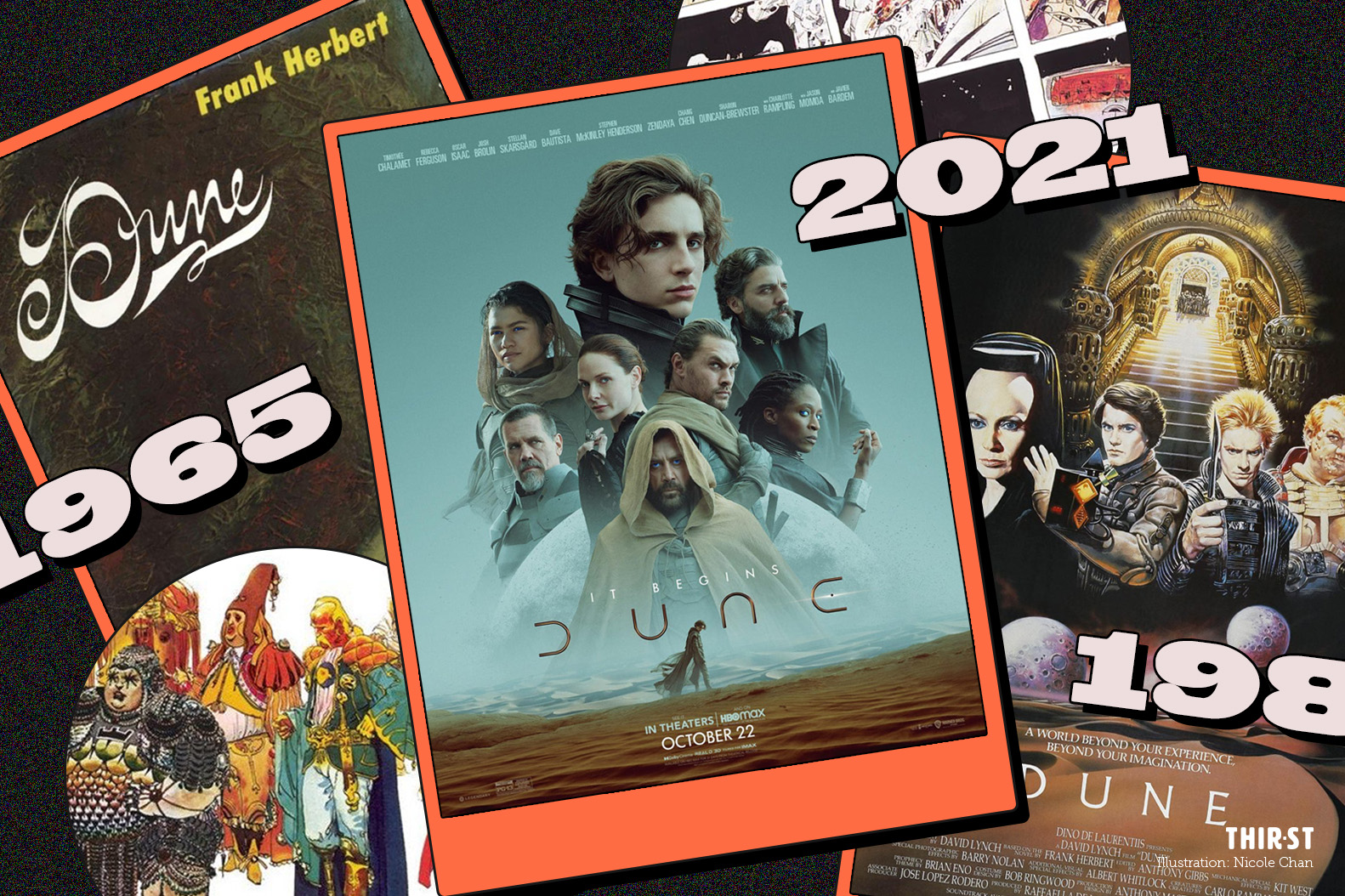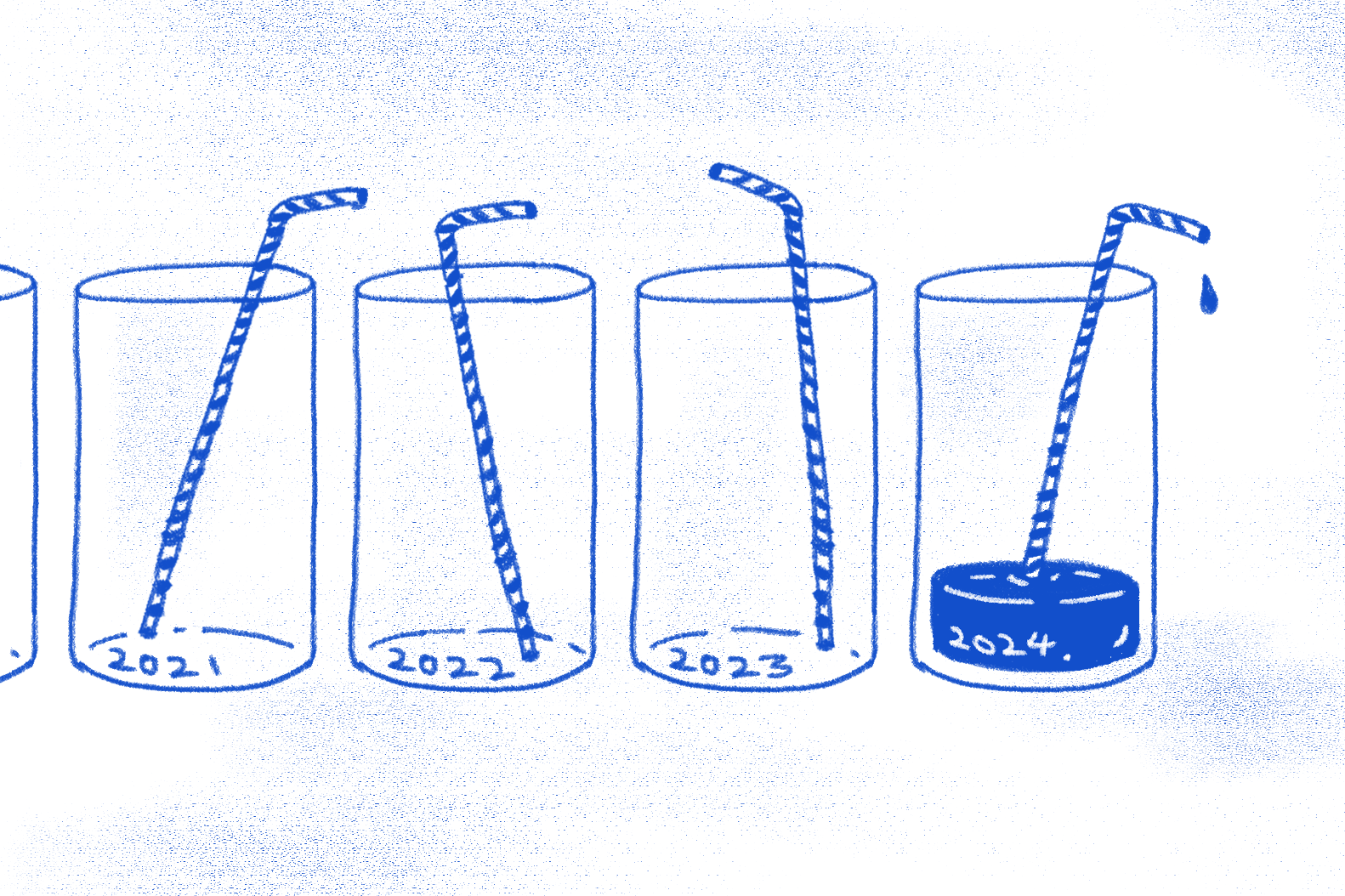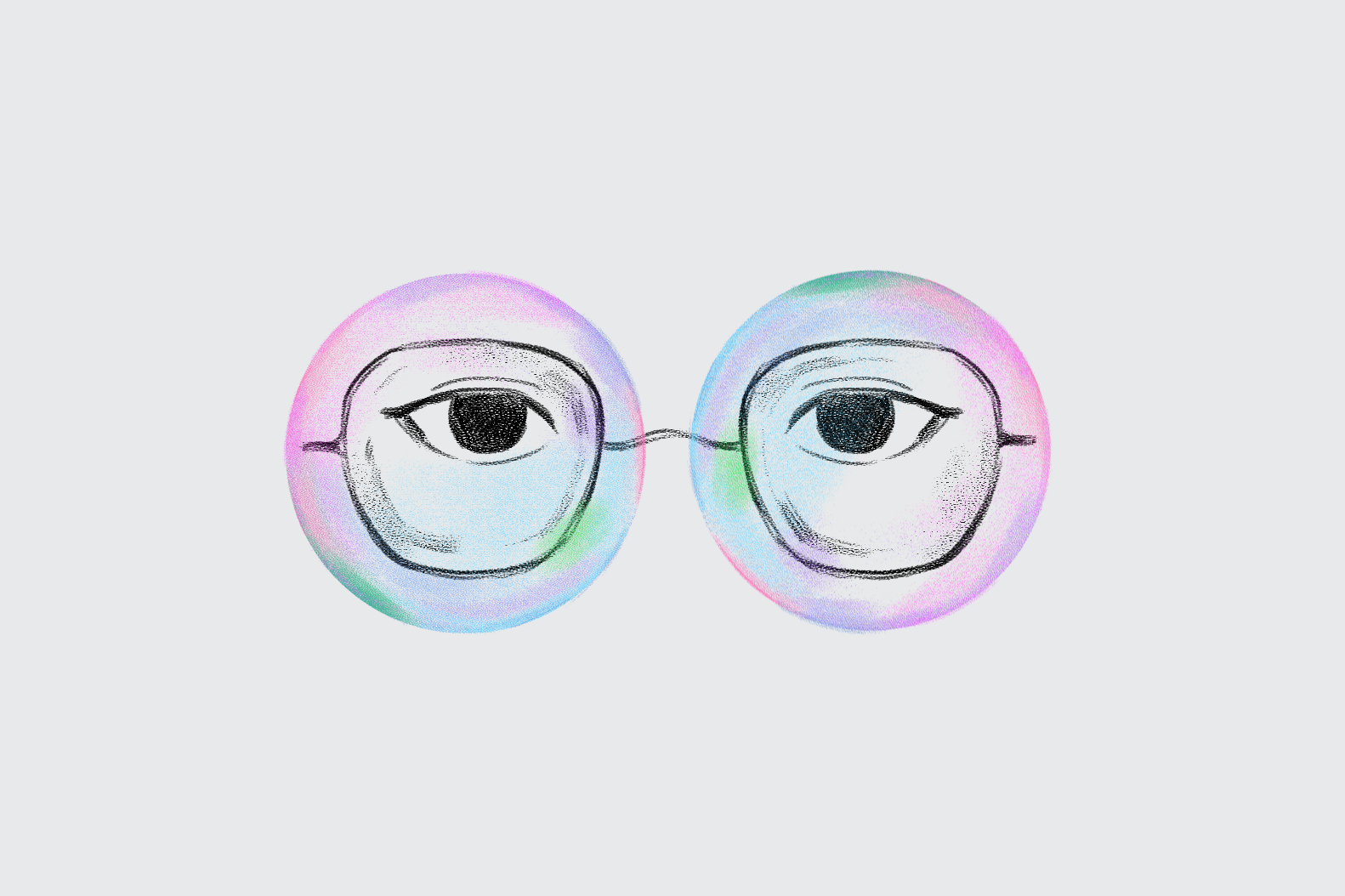* SPOILERS AHEAD *
I can’t think of a director more at the height of his powers right now than Dennis Villeneuve (make sure you pronounce his name correctly to make yourself look smarter in front of your friends: it’s “De-ni Vil-noev”).
If Christopher Nolan was the director of the 2000s (Memento, The Prestige, The Dark Knight trilogy), Dennis Villeneuve has got to be the director of the 2010’s.
Prisoners, Sicario, Arrival and Blade Runner 2049 were all fantastic movies, that through meticulous pacing and scrumptious cinematography convey stories that tackled complex themes without compromising their emotional core.
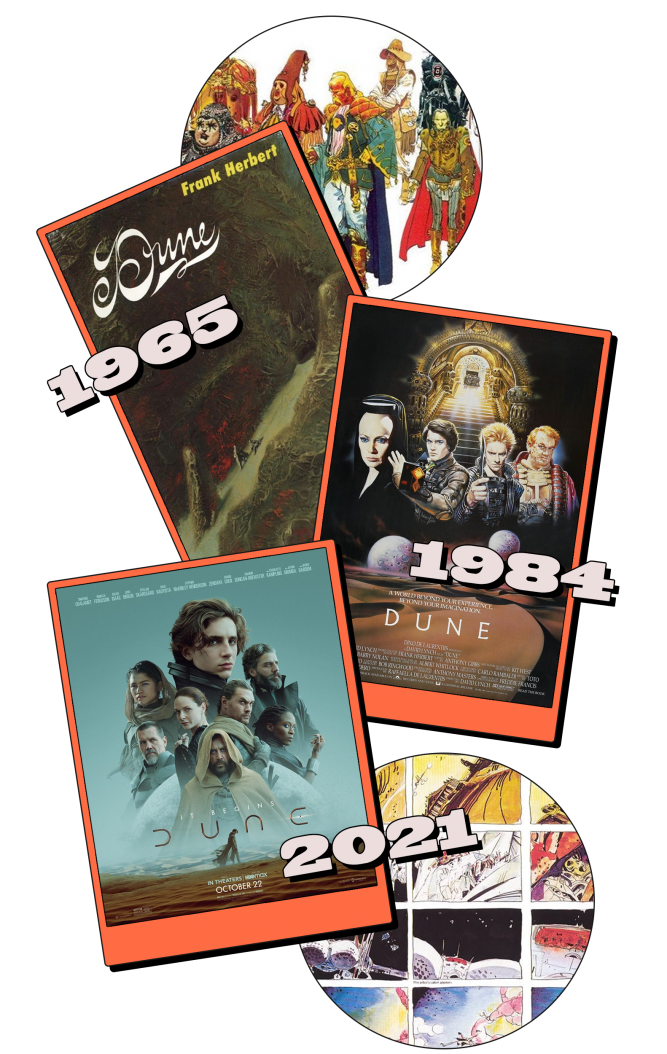
So, you can imagine my excitement when it was announced that Dennis Villeneuve was going to be the latest director to have a stab at bringing Dune, the ahead-of-its-time1965 sci-fi novel, to the big screen.
Dune has garnered some notoriety for being hard to adapt, due to its tackling of – wait for it – complex themes of eugenics, space-economics, predestination, colonisation, religion and a bunch of other stuff ending with “ion”.
And I haven’t even mentioned the stellar cast!
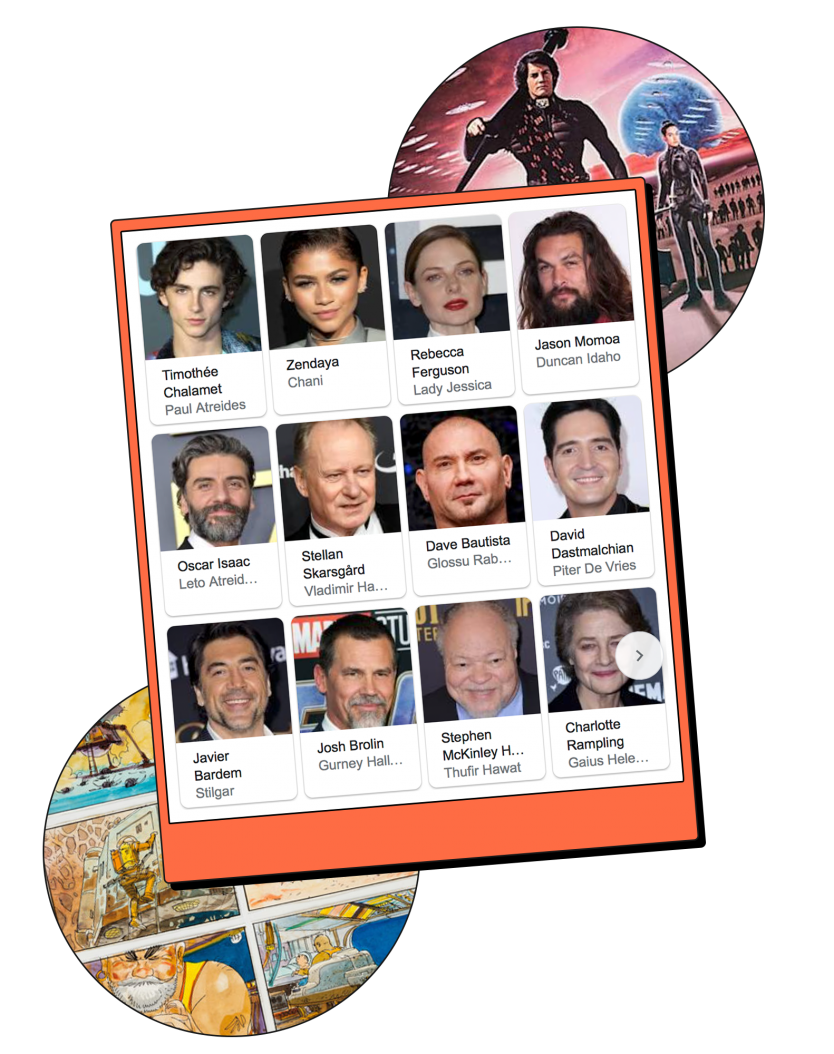
To my dismay, the movie was delayed due to COVID-19.
But God is good. When Dune was finally released in theatres here last week, I actually got the chance to watch this potential masterpiece-in-the-making, ahead of the United States!
So, is it any good? And what lessons might we glean from the movie, other than sand being coarse and rough and irritating and getting everywhere (oops, wrong movie!)?
As I dive into these questions, get ready for a lot more D’s. And if you’d like a rundown of the plot, the original Dune wiki does an admirable job of summarising the unwieldy book. Oh, and huge spoilers ahead!
THE GOOD
Dune is gorgeous.
If we’ve learnt anything from Arrival and Blade Runner 2049, it’s that Dennis Villeneuve knows how to make big spaceships look menacing, beautiful, haunting and just plain cool, all at the same time.
Many of the sets are lavish and awe-inspiring, both in scale and in concept.
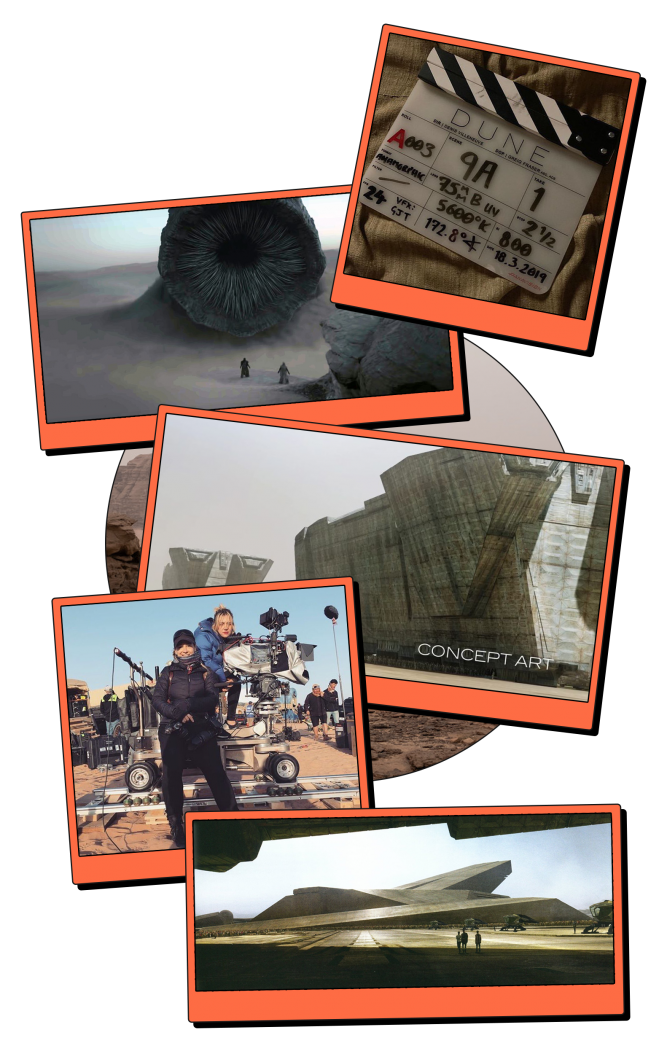
The cast too, is gorgeous. I mean, what would I give to have hair like Paul Atreides’ (Timothée Chalamet)?
Rebecca Ferguson’s been on a tear lately (she’s been a standout in the recent Mission Impossible movies), and she does well here as the emotional centre of the movie, Paul’s mother and space-witch Jessica.
Oscar Isaac, as Leto Atreides, also has an A-tier beard. Everyone is decked out in costumes that look both organic and functional.
Even the bad guys look amazing (they managed to make Baron Harkonnen look more menacing than I imagined from the books).
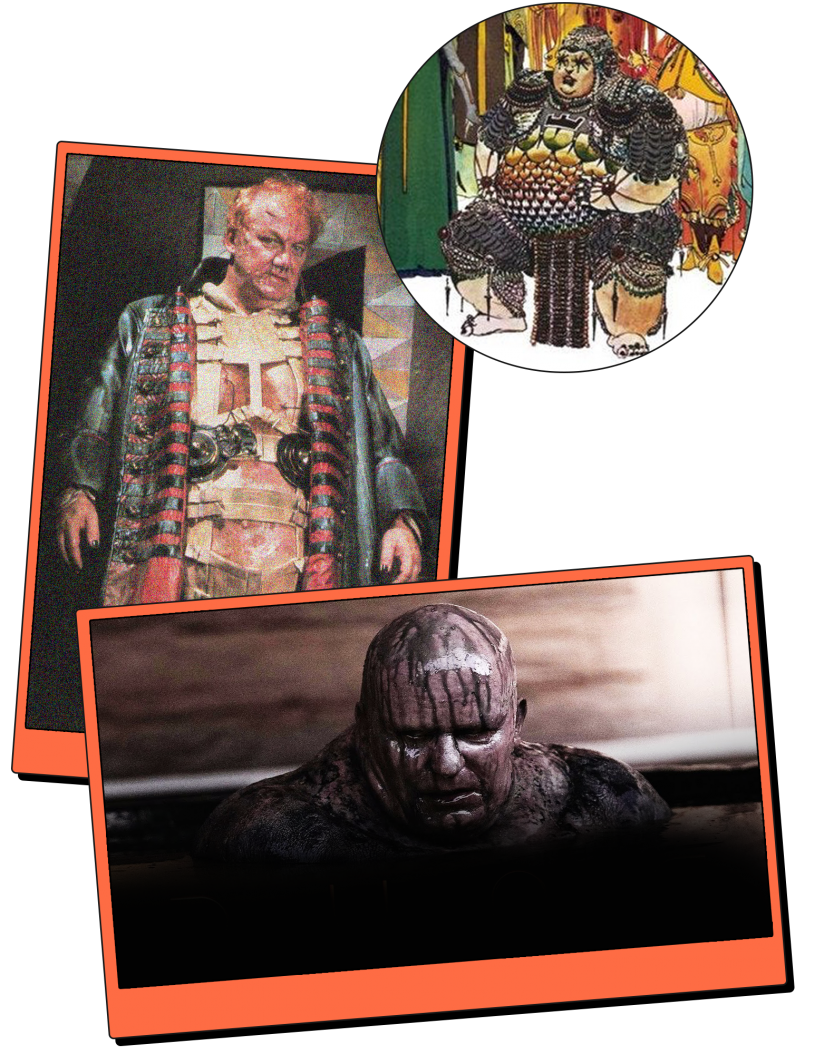
Script-wise, the movie manages to hit most of the important story beats found in the first half of the book (the movie titles itself as Dune: Part 1), right up to the point where Paul and Jessica meet the Fremen in the desert.
This is by no means an easy feat!
Most of the world-building sticks to the essentials, which is what we can expect from a 2.5 hour movie (much of how the galactic economy is run, for example, is elaborated much more in the book).
Nevertheless, if you paid attention all throughout the movie, you would be able to keep up in conversation with someone who’s read the book.
THE BAD
This is not a complete movie. It’s part 1 of a movie, and it shows. Lots of themes are thrown in the air, and I’m not sure how they’re going to land in part 2 (please, please let there be one).
Most of Paul’s premonitions of Chani (Zendaya) look like they’re going to pay off later. A lot of the ecological musings of the book weren’t explored in the movie, so hopefully we’ll get more of that in part 2.
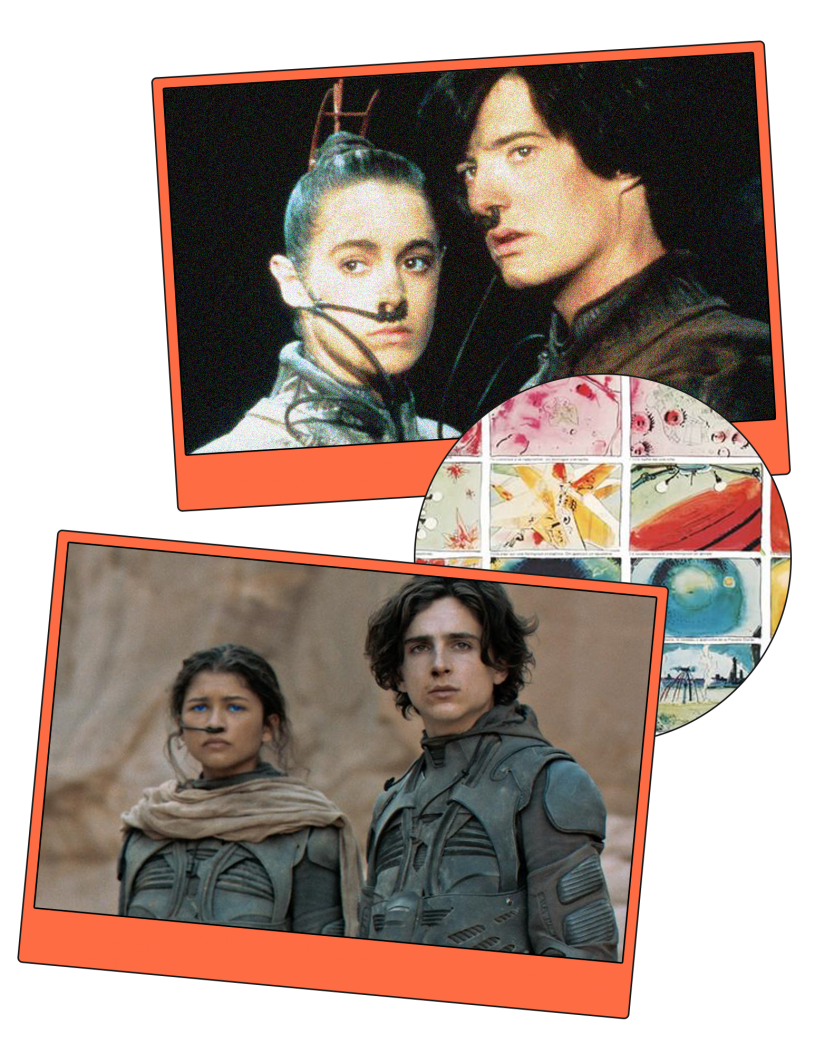
I’ve watched the movie twice, and twice I found myself almost falling asleep towards the end of the movie, where Paul and Jessica find themselves scurrying about the desert in search of the Fremen.
In the book, these scenes were supposed to be dense with explorations on the nature of space, time and cultural assimilation.
As the movie seemed to be dragging towards the end, I can’t see how it would have been a good time to bombard the viewers with such musings in the desert anyways.
THE UGLY
As it stands, how Dennis Villeneuve handles part 2 will retroactively determine how good part 1 was as a movie.
Right now, it’s just a really pretty movie that’s done a great job in tossing many of the book’s themes up in the air. How it sticks the landing is anyone’s guess.
And now, time for a more in-depth discussion on Dune (here come the D’s!).
THE POWER OF DREAMS
Paul Atreides has many dreams and goes through many dream-like sequences in the movie.
I think it’s purposely vague as to whether or not these are premonitions of things that will actually happen, or mere possibilities.
Either way, the effect these dreams are meant to have on us (the viewer) and the characters in the movie is that it alludes to Paul being the messiah of a galaxy ruled by evil barons and a tyrannical emperor.
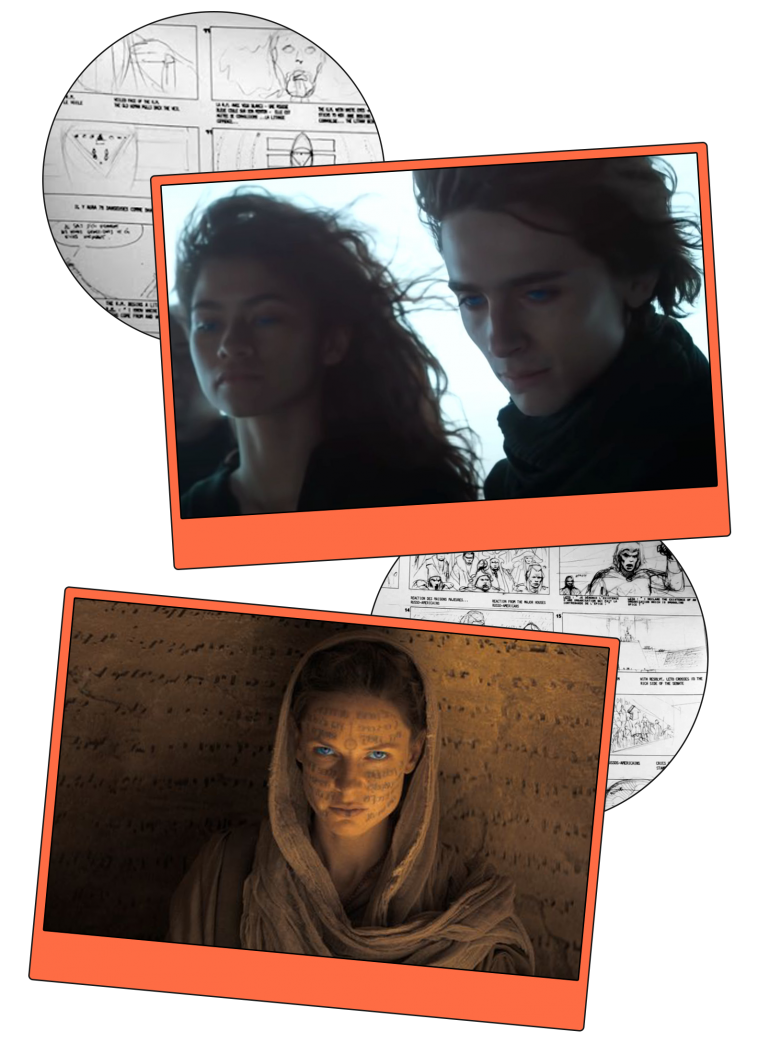
Dreams are a common motif in the Bible, too. Many ancient Near Eastern cultures often saw dreams as messages sent by the gods or the dead.
And nowhere in the Bible do dreams feature more prominently than in the Joseph narrative.
Joseph’s dreams cause his brothers to get jealous of him, and his interpretation of Pharaoh’s dreams set in motion events that would lead the rest of his family to settle down in Egypt.
Much later, in the New Testament (Matthew 2:13), Joseph (a different one!) is warned by an angel in a dream to take his family, and baby Jesus, to Egypt.
Dune makes it clear that the source of Paul Atreides’ prescient dreams are a combination of the Bene Gesserit eugenics program and his exposure to the spice, so any notion of his divinity is man-made. Paul’s dreams, therefore, are also his burdens.
Dreams of the future are powerful, which is why God cautions against listening to “dreamers”. In the Old Testament, if their message was one that led people away from God, the dreamer would have to be put to death (Deuteronomy 13:1-5).
However, if a dream truly is from God, it can serve to ease our burdens by reminding us of God’s sovereignty.
My wife and I spent almost two years trying for a baby. One day, I had a very vivid dream of me carrying a newborn baby. My daughter was conceived a week later.
Looking back, it was that dream which helped to assure me that God was in control.
THE DESERT
The desert of Arrakis features prominently in Dune, and could almost be considered a main character in and of itself.
This harsh “desert” – or wilderness experience – is keenly experienced by Paul Atreides after the death of his father, and serves to shape him to become the galactic ruler he was meant to be.
The “desert wilderness” features prominently in the Bible as well, and it also serves to shape and prepare God’s people for His plans and purposes.
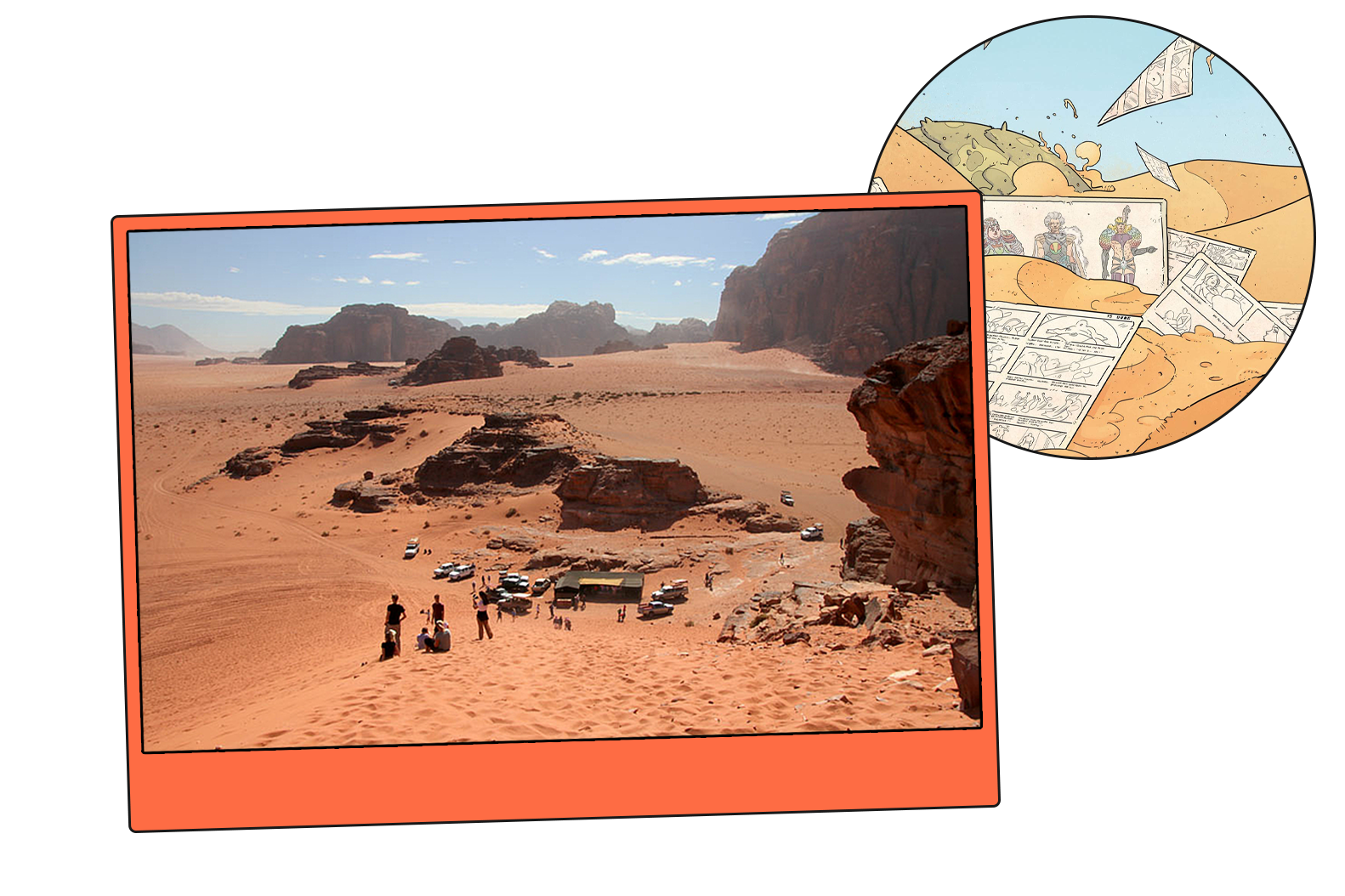
Jesus is sent to the desert by the Holy Spirit to be tempted by Satan before He began his public ministry.
King David, even after he was anointed as King by Samuel the prophet, spent years in the desert wilderness on the run from jealous King Saul.
Christ and many other heroes of the faith were tested and shaped in the desert, and I believe that God is still in the business of using the “desert” to mould us today.
Are you currently facing a dry spell in your life right now? Take heart, God is using this period to prepare you for what He has in store for you in the future.
OUR DESTINY
Dennis Villeneuve loves exploring the concept of predestination. He explores this in Dune, Arrival and Blade Runner 2049.
What’s consistent throughout these movies is this dilemma: what should my response to a predestined future be? Should I, or can I, make different and meaningful choices to alter my destiny?
His answer throughout these movies is the same: knowing the future, or knowing that what we do is predetermined, does not rob us of the experiences we have and the value of the choices we make along the way.
His movies usually move at a slow, deliberate, almost meditative pace.
This is intentional. It reinforces the message that the present is something to be savoured and lingered on, regardless of how predetermined our futures (or his movie’s plotlines) may be.
Watching Dune was a special experience even though I already knew the plot from reading the books.
I believe that God, too, grants us the ability to savour our present moments, even as we are sure of the fact that death (and eternal life) will come one day.
DAUNTLESS
As Christians, the book of Revelation gives us a vision of how our stories are going to end.
While we know we will be victorious together with Christ, the challenges in our present or future desert wildernesses may seem daunting.
If you feel like you’re stuck in the desert, with giant sand worms on one side and the Emperor’s elite Sardaukar army on the other, may the the Bene Gesserit litany against fear, and King David’s words in Psalm 27 grant you strength. See you when part 2’s out!
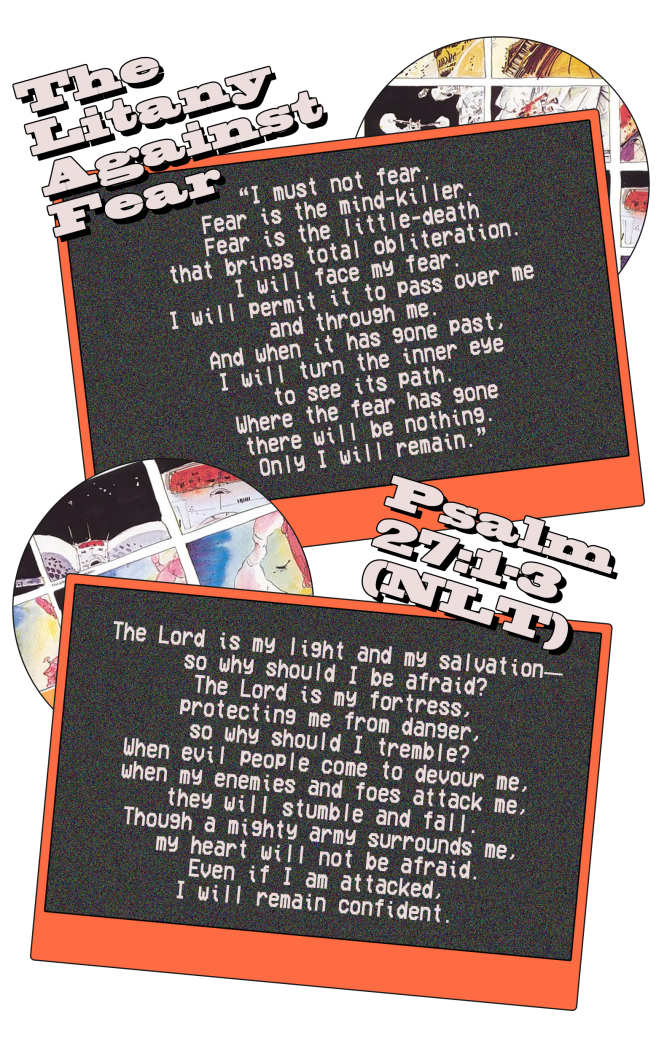
All screenshots and posters in article taken from Dune (2021), Dune (1984), and concept illustrations by Moebius from the unproduced Dune (1974) which was later documented in the 2013 film Jodorowski’s Dune.
- Have you seen Dune? What did you like or dislike about the film?
- What is the “wilderness” in your life? What might lie at the end of it?
- What does “destiny” mean to you? Ask the Lord for His will over your life.
- Is there something causing fear in your life? Take it to the Lord in prayer.


